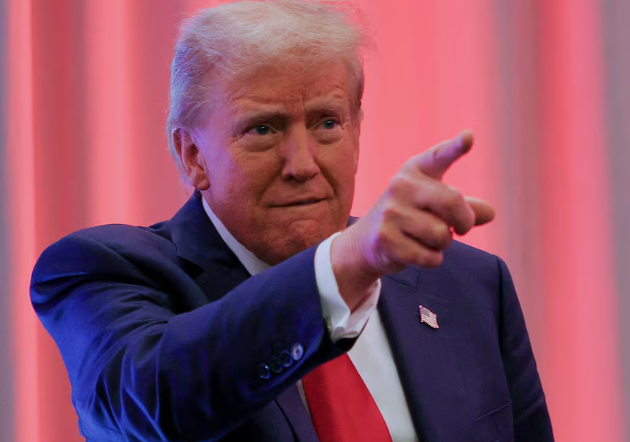After President-elect Donald Trump takes office, the U.S. Department of Labor (DOL) is poised to quickly undo several key labor policies of the Biden administration. Trump’s appointees are expected to target regulations on independent contractors, overtime pay, immigrant labor, and workplace safety, potentially reshaping labor practices across various industries.
Repealing Independent Contractor Rule
One of the DOL’s first priorities under the Trump administration will likely be repealing a rule that made it harder for businesses to classify workers as independent contractors. This rule, implemented under the Biden administration, faced criticism from trade groups, gig companies like Uber and DoorDash, and many workers in flexible job sectors.
The regulation’s requirement for businesses to treat more workers as employees would increase labor costs, particularly in industries reliant on contract labor, including trucking, healthcare, and manufacturing. The Trump administration plans to replace this rule with one that aligns more with business interests, focusing on the degree of control companies have over workers and whether workers can profit from their investment. This was the stance of the Trump administration in 2019 guidance, which the Biden administration rescinded.
Scaling Back Overtime Pay Expansion
The Trump administration is also expected to roll back the Biden administration’s effort to expand overtime pay. The DOL will likely drop its appeal of a Texas court ruling that found a new rule improperly based eligibility for overtime pay on salary thresholds rather than job duties.
The Biden administration’s rule aimed to raise the salary threshold for overtime pay to $58,600 per year, benefiting millions of salaried workers. The Trump administration, however, had set the threshold lower at around $35,500, which many business groups argued was more reasonable. The incoming DOL under Trump is expected to maintain this lower threshold and not defend the Biden-era rule.
Tightening Restrictions on Immigrant Work Visas
Immigration policy is another area where the DOL will likely take a more restrictive stance under Trump. The department is expected to revive policies from his first term aimed at limiting the number of foreign workers entering the U.S.
This could include narrowing the definition of “specialty occupations” eligible for H-1B visas, commonly used in the tech industry, and raising the minimum wages for H-1B workers. Additionally, the DOL may impose stricter requirements on employers seeking to hire foreign labor through the H-2A and H-2B visa programs, making it harder for employers to prove that they cannot find American workers for these positions. Trump’s administration is also likely to target federal contractors who prefer cheaper foreign workers, citing potential discrimination against U.S. workers.
Revisions to Workplace Safety Standards
The Trump administration’s DOL will also likely revisit workplace safety regulations, particularly those overseen by the Occupational Safety and Health Administration (OSHA). One significant change could be the removal of a rule allowing third parties, like union representatives, to accompany OSHA inspectors on worksite visits. Business groups have criticized this rule, arguing that it gives unions an unfair advantage by providing access to workplaces they may be trying to organize.
Additionally, OSHA’s proposal to protect workers from extreme heat exposure could undergo significant changes. While the rule would require employers to provide water, shade, and breaks for workers in high temperatures, business groups have expressed concerns over its strictness. The Trump administration’s DOL might either scrap the rule or scale it back while still addressing extreme heat in the workplace.
With these shifts, the Trump administration is likely to take a more business-friendly approach to labor policies, reversing many of the Biden administration’s initiatives aimed at expanding workers’ rights and protections.

